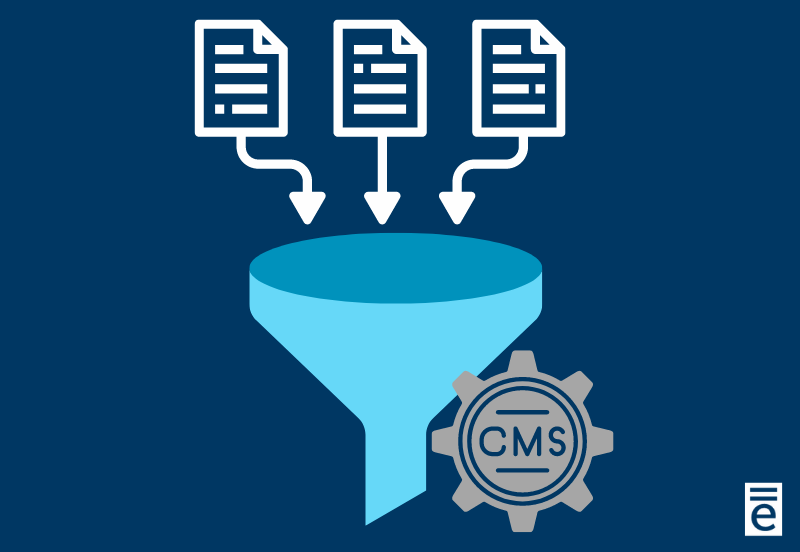Bad data…we’ve all dealt with it at some point. Unfortunately, bad or inconsistent data comes at a high cost. For courts, it can mean errors and incorrect reporting, inefficiency, and the inability to provide the community with data transparency. However, by implementing a few best practices, you can drastically improve the quality of your data.
1. Define Your Data
If you’re trying to improve the quality of your data, one of the most important things you can do is to create a data dictionary, also known as a metadata repository, that can be shared with your whole team. The purpose of this type of dictionary is to provide meaningful descriptions and to define the “what, how, when, and why” of your data. A data dictionary not only makes it easier for you to train new staff but also improves transparency across your whole team by helping them understand the importance of the data you are tracking/collecting.
There are certain case management systems that can help support your data dictionary. For example, equivant’s JWorks allows you to attach additional information to field names that are being used for data collection. When a user hovers over the field name, they can read whatever information/description was added to the system.
2. Practice Consistency and Establish Standards
In addition to defining your data, it’s important to develop a set of data standards that everyone on your team follows to ensure consistency. For example, when entering a date, what format should be used? If you’re going to require “MM/DD/YY,” make sure that it is outlined in your standards. Assuming everyone knows what formats, codes, etc., should be used will result in inconsistency and inaccurate data. Additionally, the National Center for State Courts established the National Open Data Standards Initiative (NODS), which provides rules around how data are defined and recorded. Consider NODS when developing your standards.
As with anything, sometimes changes happen. If you have to change how data is being collected, make sure to update your standards, communicate the change with your team, and document the date you made the change.
3. Avoid Free Text When Tracking Data
Tracking data in the court system is essential to making data-driven decisions and providing data transparency to community members. Because of this, it’s important to make sure that you are collecting data in a way that can easily be tracked. One way to help with this is to avoid using “free text” if the data is tracked. For example, perhaps a judge is entering their notes about why someone was sentenced to prison. If they are entering their notes into a free text field, they can write whatever they want. Unfortunately, this type of note results in inconsistency and becomes un-trackable. Something as simple as different capitalizations or misspelled words can create significant challenges.
Instead of free text, consider incorporating checkboxes. Making a selection from a checkbox is more efficient for the user and ensures the accuracy and consistency required for data tracking. If your court has a case management system, check to see if you can configure the system based on your data-tracking needs. With JWorks, you can easily add data elements/fields based on the data you need to track.
4. Conduct Regular Data Audits
While defining your data, practicing consistency, and avoiding free text when tracking data are all best practices, mistakes still happen. Because of this, conducting regular data audits is another piece of the puzzle if you are aiming to improve data quality and accuracy. It’s easy to skip a data audit when cases start piling up and staff workloads are already heavy, but establishing a regular cadence for your data audits is essential to catching mistakes and ensuring data integrity.
The cadence you choose for your data audits will depend on your specific needs, but ideally, audits should happen each month. Also, if you are training new staff, you should plan to audit their data more often (every week or two) while they are still learning your specific codes and data collection processes.
Establishing best practices to support data consistency and accuracy helps drive efficiency, decision-making, and community trust. If you’re considering implementing a CMS and want to improve your data collection processes, contact us.




